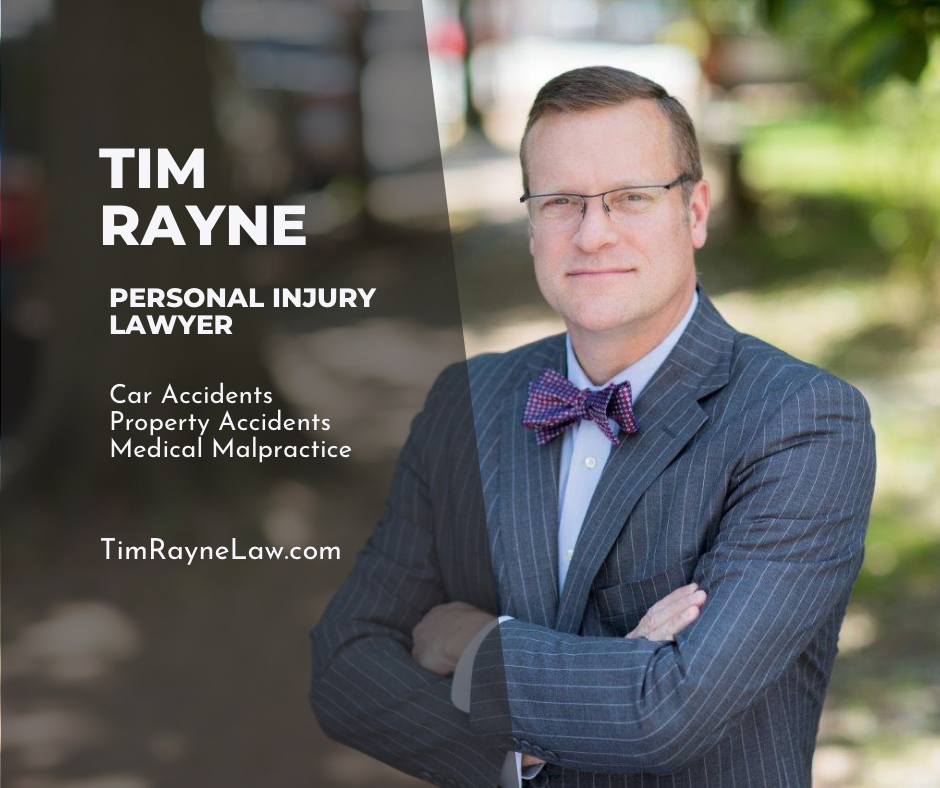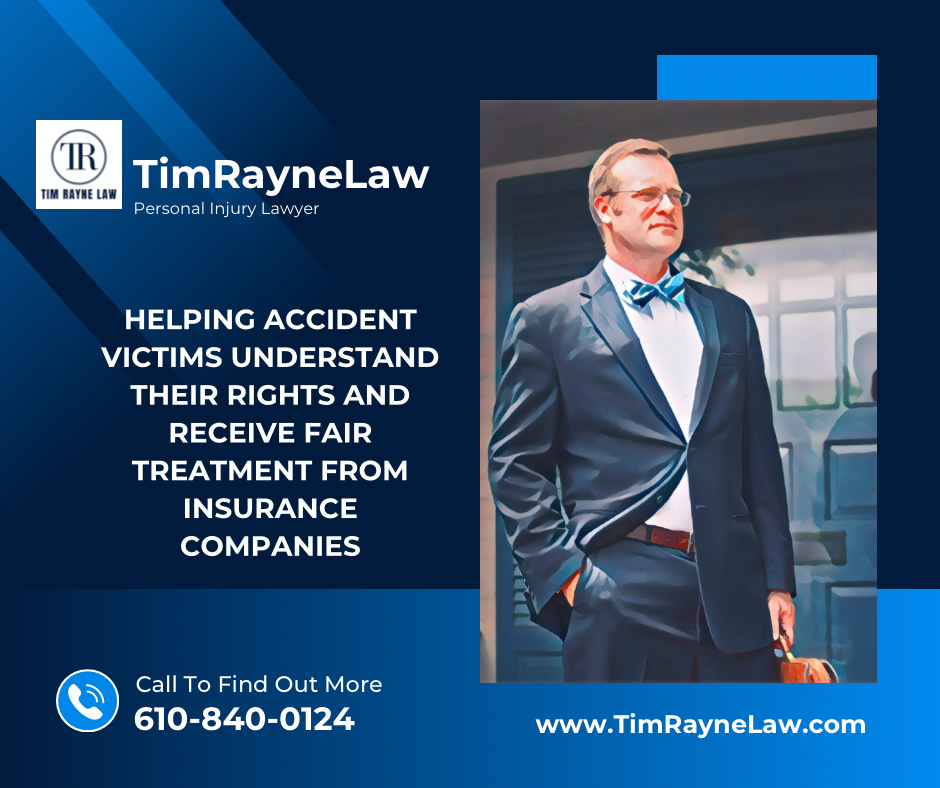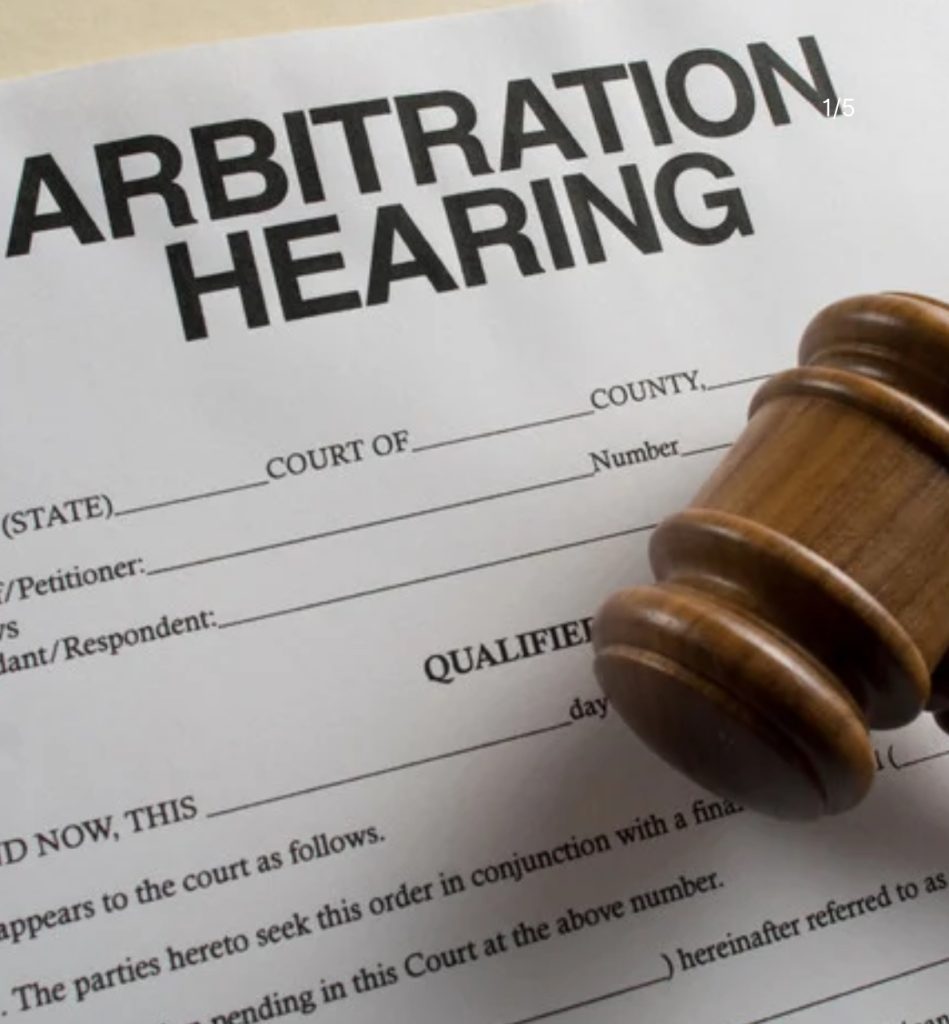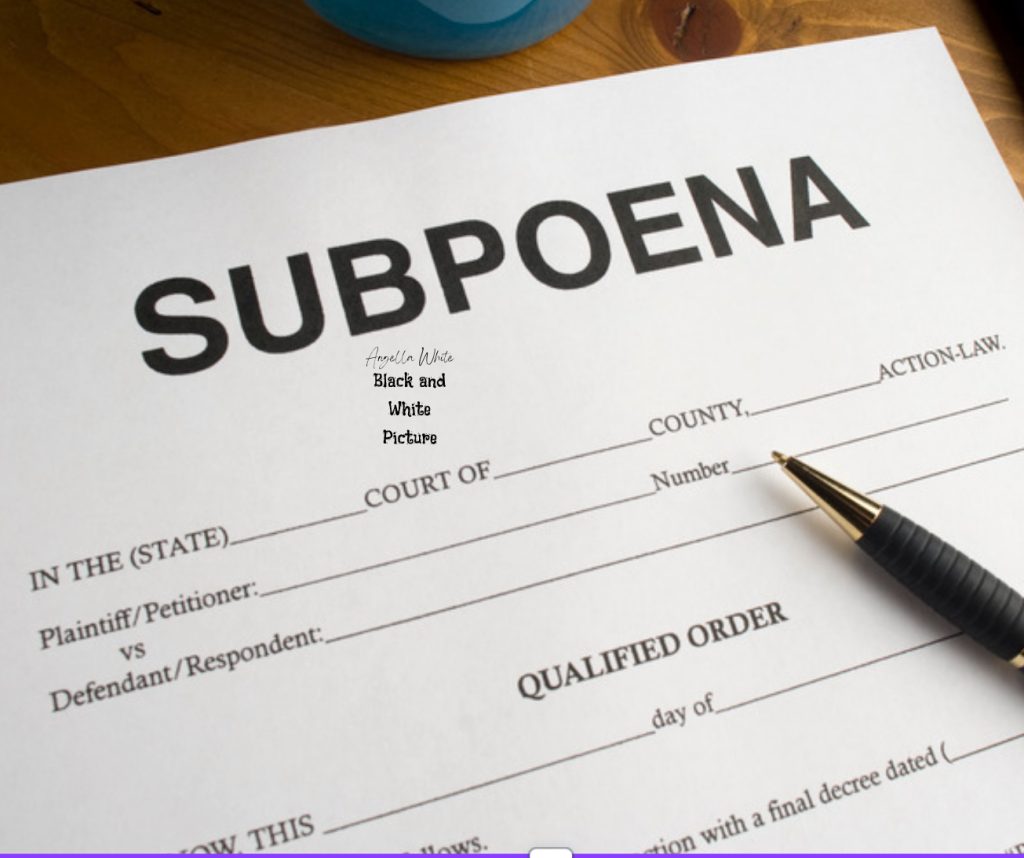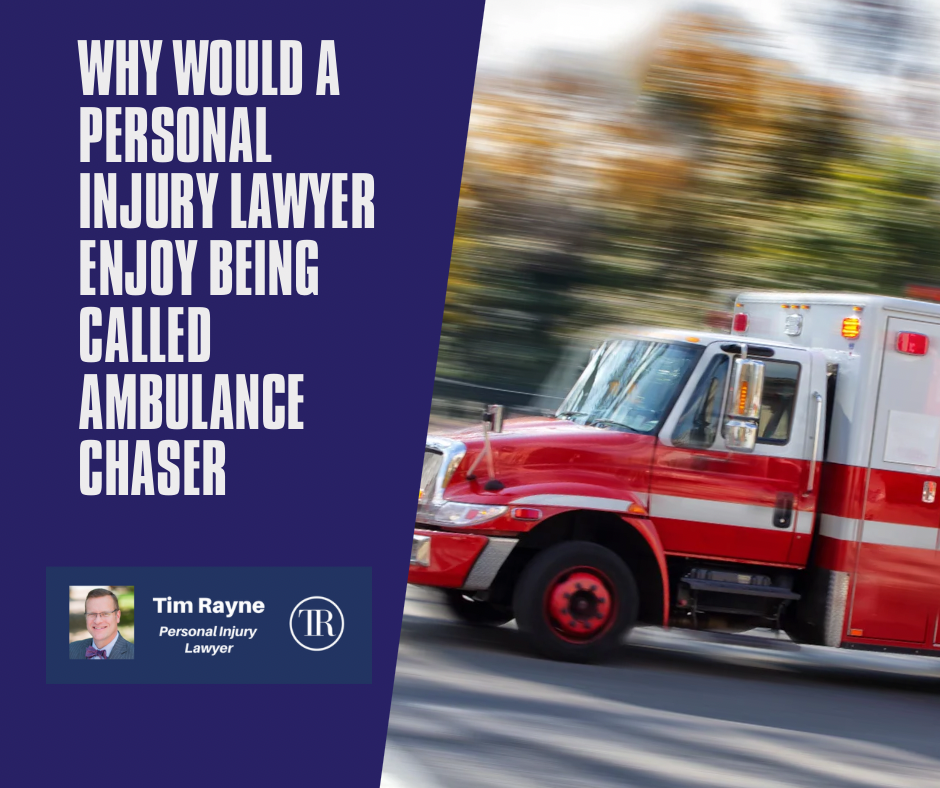Just one foot left and she would have died when a rotten tree fell and landed on her car.
This would have been a tragedy – and a preventable one that would have likely resulted in a Multi-Million Dollar Lawsuit.
And the crazy part is that it happened right here in Kennett Square, Chester County Pennsylvania.

Property Owners’ Tree Maintenance Responsibilities
Property owners have a legal responsibility to maintain their properties so that they do not have any dangerous conditions that could cause foreseeable injuries to people on the property and also to motorists on adjacent roadways.
What that means regarding trees is that property owners have an obligation to inspect their trees and if they are dead, they present a risk of falling and injuring people on the property or motorists driving on roadways near the property. Those dead trees must be pruned or removed or else an injury can occur and the property owner can face legal liability.
Two Tips for Property Owners – Maintain Trees and Buy Liability Insurance Including an Umbrella Policy
To avoid liability for falling trees, property owners should inspect their trees every Spring. If, by the end of May, leaves are not growing on a tree or a limb, that tree should be removed or the limb should be pruned. Leaving that tree standing presents a risk of causing serious injury or death and facing a multimillion dollar lawsuit.
In addition, every property owner should make sure that they have adequate Liability Insurance to cover accidents on or adjacent to the property, including injuries or death caused by falling trees. Most property insurance Liability coverage is limited to $100,000 or $300,000. So, you should also consider buying an Umbrella Policy to cover claims that exceed that initial Liability coverage. I recommend that you consider purchasing a $1 Million or $2 Million Umbrella Policy which will likely cost between $500 and $1,000.
Two Falling Tree Cases
In my career, I have handled two falling tree cases.
In the first one, my client was attending a haunted hayride at a Chester County farm when a huge tree limb fell on her leg, causing a serious fracture that required surgery. We hired a tree expert who determined that the tree was long dead so the insurance for the farm owner paid my client fair compensation.
The second case involved a tree that fell on my client’s car as he was driving down Chester County roadway. He suffered a significant shoulder injury from the impact when the tree landed on his car. Just like the first case, we hired a Arborist who determined that the tree had been dead for many years. Again, the insurance for the property owner eventually paid my client a fair settlement.
If you have any other questions about your potential liability as a property owner or the insurance that you should purchase to protect your assets, or if you have the misfortune of being injured by falling tree, please contact Tim Rayne for more information at 610-840-0124 or trayne@macelree.com or check out his website www.TimRayneLaw.com.
